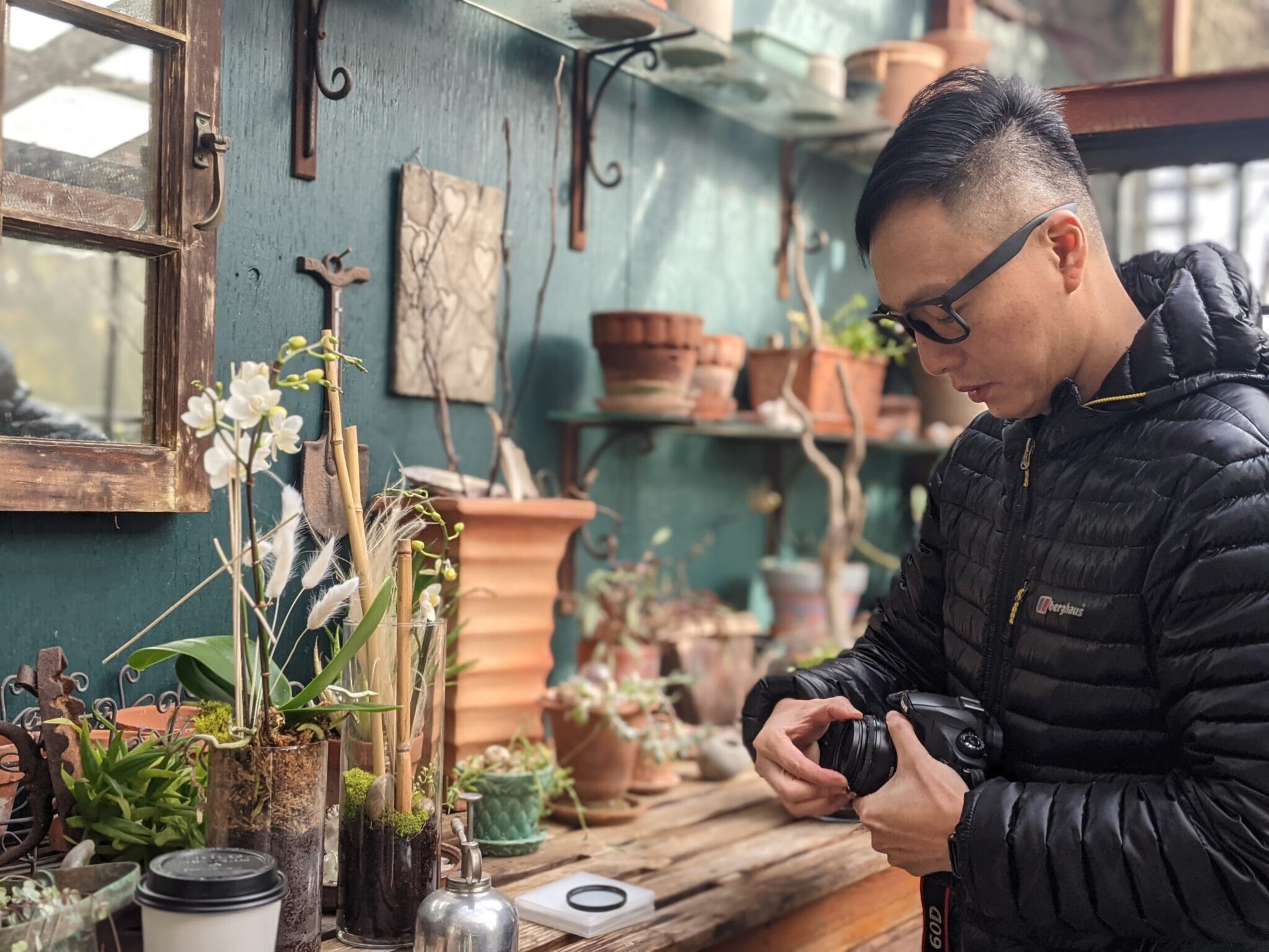 Want to sell something surprising — say a cutting-edge floral design to a discerning customer? Make it familiar (with flowers you know she loves). Want to sell something familiar — maybe a dozen roses on Valentine’s Day? Make it surprising — with a novel container, quirky card or other unexpected add-on options.
Want to sell something surprising — say a cutting-edge floral design to a discerning customer? Make it familiar (with flowers you know she loves). Want to sell something familiar — maybe a dozen roses on Valentine’s Day? Make it surprising — with a novel container, quirky card or other unexpected add-on options.
That’s the simple advice behind Raymond Lowey’s grand theory of consumer behavior, MAYA: People tend to want the choice that’s “Most Advanced Yet Acceptable.”
Considered the father of modern industrial design, Lowey created in the ‘50s and ‘60s the merchandise racks at Lucky Stores supermarkets, Frigidaire ovens, Singer vacuums and the Starliner Coupe, one of the most influential automotive designs of the 20th Century.
His MAYA theory has proven to be durable — still true more than 50 years later, writes Derek Thompson senior editor of The Atlantic in the magazine’s latest issue.
“Loewy had an uncanny sense of how to make things fashionable,” Thompson explains. “He believed that consumers are torn between two opposing forces: neophilia, a curiosity about new things; and neophobia, a fear of anything too new. As a result, they gravitate to products that are bold, but instantly comprehensible.”
Smart marketers — and heads of start-ups looking to convince funders that their idea has real potential — understand this idea, he adds, and often use it to their advantage.
“Many new ideas are promoted as a fresh spin on familiar successes,” he points out. “The on-demand car-service companies Uber and Lyft were once considered ‘Airbnb for cars.’ When Uber took off, new start-ups began branding themselves ‘Uber for .’” (Another example from the floral industry? When BloomNation hlaunched, founders sometimes referred to the business as the ‘Etsy of flowers.’)
The MAYA theory also explains the popularity of television shows (“Sons of Anarchy” is a show about an outlaw motorcycle club but it’s also a retelling of “Hamlet”), the prevalence of four chords in pop music and trends in baby names (parents want something unusual but not too unusual.)








